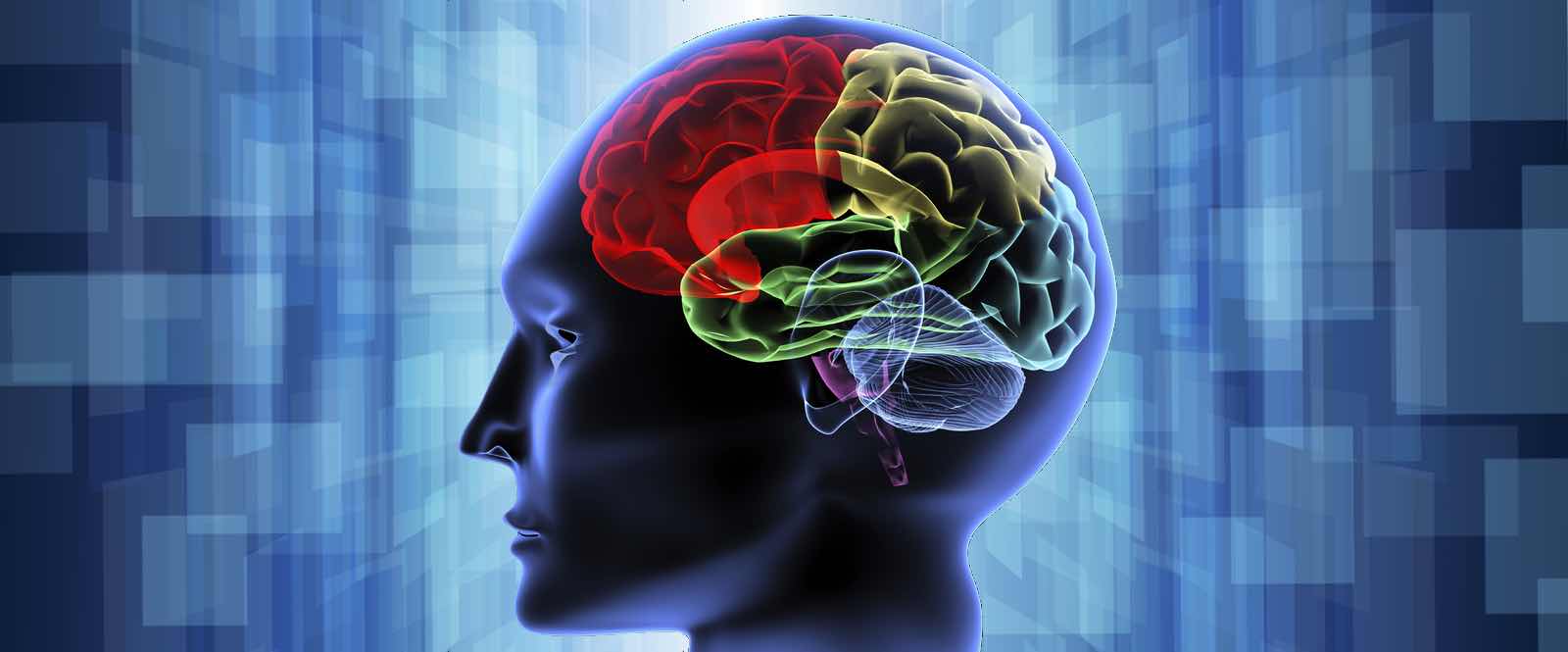What is Mild Cognitive Impairment (MCI)?
MCI is a diagnosis that is used to describe people who have some problems with their memory but do not actually have dementia. It is a subtle type of memory loss that is not part of the normal aging process. With MCI you will be more forgetful than others in your age group. Typically, MCI does not significantly interfere with your ability to participate in daily activities. However, it can affect many areas of thought and actions such as attention, reasoning, reading, and writing. People with MCI may also experience anxiety, depression, apathy, and irritability.
Some people with this diagnosis are at an increased risk for developing Alzheimer’s disease or another form of dementia. Currently, science is not able to predict who will progress, who will remain stable, and who will improve. However, a number of studies are underway to see whether certain treatments can prevent or delay dementia in people with MCI.
What is Dementia?
If you are experiencing short-term memory loss, confusion, difficulty concentrating and disorientation, you may have a form of early dementia. Dementia is caused by various diseases and conditions that damage the brain. When you have this condition, the following are some symptoms you may experience:
- Forgetting names of people and places
- Forgetting details of recent events
- Having problems finding the right words to say
- Easily losing your train of thought
- Having a harder time concentrating
- Difficulty understanding what people are saying
- Finding it more difficult to complete tasks and solve problems
- Finding it harder to become motivated and interested in daily activities
Dementia affects people in different ways. It’s important to remember, however, that these symptoms will most likely happen gradually rather than all at once. If you feel you are experiencing some of the symptoms noted above, the next step is to talk with your doctor about them.
What is Alzheimer’s disease (AD)?
Alzheimer’s disease is the most common cause of dementia. It is a progressive disease which means that the symptoms will get worse over time. When Alzheimer’s is diagnosed in people in their late 60s or older, it’s known as late-onset Alzheimer’s. People with younger-onset Alzheimer’s develop the disease in their late 40s, 50s, or early 60s.
In the early stage, it becomes difficult to find the right words or to remember appointments and people’s names. You may also begin to forget where you’ve put things and feel more anxious and stressed as a result. As time goes on, you'll have increasing problems with remembering and thinking. Reading and writing will gradually become more difficult, and it will become harder to take in new information and make decisions. These changes are not going to happen suddenly. You may stay the same for some time. While these episodes will gradually begin to disrupt your lifestyle, it’s important to remember that you can maintain a good quality of life in the early stage.
Other Dementias
There are over 45 different causes of dementia. Some of the other kinds of dementia you might have heard of are vascular dementia, lewy-body dementia, fronto-temporal dementia, or Mad Cow Disease. If you’re concerned about your memory loss, talk with your doctor about getting properly evaluated. For more information about the many causes of dementia, click here.

